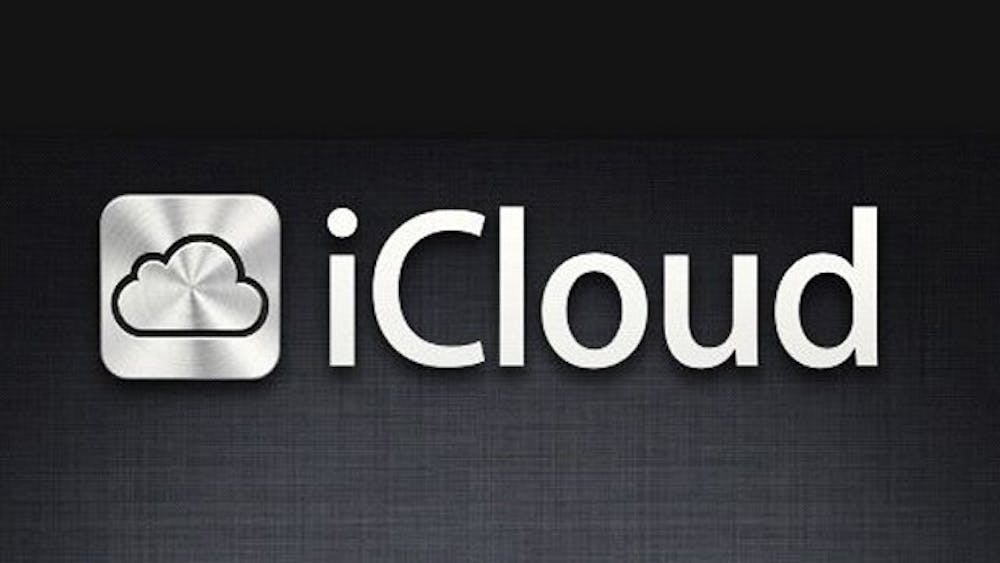Think of all the pictures you carry around on your phone everyday. Last Saturday’s blurry pictures with a bunch of people you can’t remember from Five Points, a few saved Snapchats from your best friends, and maybe… just maybe, you have a few “risqué” pictures saved on your camera roll.
Now picture someone hacking into the hundreds of photos and videos you have, and then posting them on Internet forums and popular social media sites for everyone to see.
Over Labor Day Weekend, this nightmare came true for many stars, including Jennifer Lawrence, Kate Upton, Ariana Grande, and more. Dozens of photos of these celebrities were anonymously posted on 4chan, an infamous image-based forum site with topics ranging from travel-related posts to, of course, X-rated images for others to gawk at and comment on. British news-site Daily Mail even dubbed the site “the ninth circle of Hell.”
As the hunt for the leaker continues, many point the blame towards these celebrities for the release of these photos. Their claim? Because you are a famous woman in the world, you should expect anything and everything to become public – even the pictures on your cellphone. Yes, even the pictures that are saved on your phone, that stays gripped in your hand, tucked in your back pocket or carried along in your purse is at the risk of creepy people who have nothing better to do than attempt to hack into your phone.
Unfortunately, the “leak” of pictures from your personal property is something that we all are at risk for. But, even though the chance of it happening is slim, it is not your fault if someone hacks into your phone or laptop and chooses to post its contents across the Internet. The invasion of privacy isn’t the fault of the victim. That’s like saying the reason someone’s house is broken into is because they had a nice television inside. You’re not “asking for it.” It’s a crime. But unfortunately, many believe that the person at fault for such a leak of personal pictures is the victim’s.
“Girls’” creator Lena Dunham tweeted: “The “don’t take naked pics if you don’t want them online” argument is the ‘she was wearing a short skirt’ of the web,” and I can completely agree. Just because you have a picture saved doesn’t mean it’s for everyone to see. I have a few pictures I wouldn’t appreciate being leaked, but this irrational idea that because I chose to take a picture or wear a more “provocative” outfit when out with my girlfriends doesn’t mean I’m asking for trouble. We have “slut-shamed” young girls into making feeling humiliated of their own bodies, and this is similar. These celebrities are people too; people who deserve to be respected and who shouldn’t be frowned upon for what they do behind closed doors.
Rather than shaming these women, we should be shaming those who are low enough to hack into someone’s phone and laptop for these pictures. We should be pointing the blame at exes who share “revenge porn” for all their friends, and more, to see.
It’s time we change how our society thinks of victims of sexual harassment. Blaming a victim simply because of how provocative a picture saved on their phone is, or how they were dressing, is counter-productive. Instead of saying “You were asking for it,” we should be asking, “How can we stop things like this from happening?”



